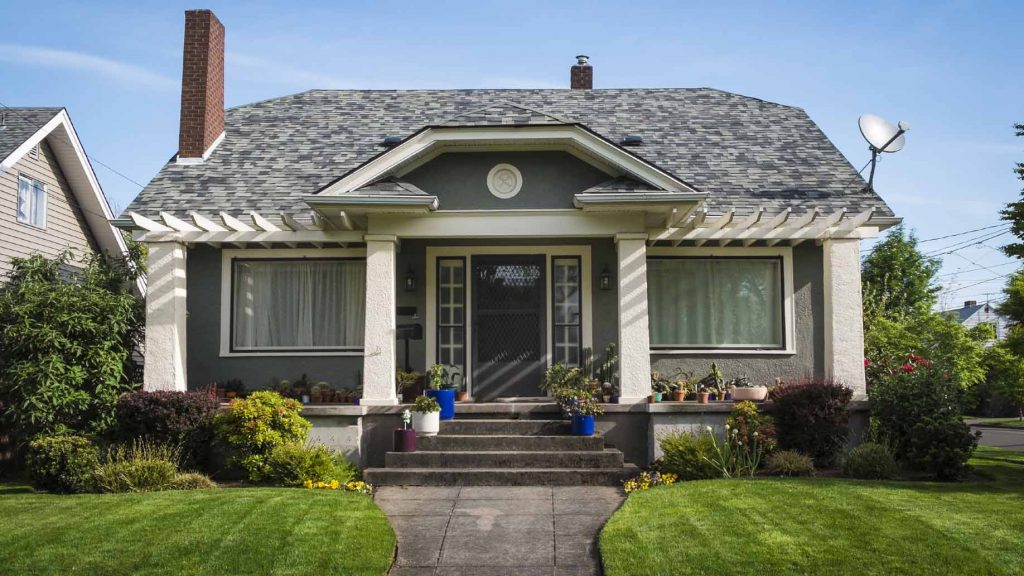Tens, if not hundreds of thousands of people will buy a new property within the next year or two. Only 20% of them (only one in five) will actually bother to find out if the property is properly valued, and if there are any substantial issues with the home that need fixing. It’s sad, because the person who doesn’t spend money on a home survey ends up spending (on average) about £5000 in the first year alone. Some spend up to £30,000 because they find out too late that the timber is affected by rot, for example.
Buyers – especially first-timers – are often either unwilling to pay for the survey or don’t understand the importance of it. Are you planning to buy property soon? It pays to think the process through. Here’s your home survey 101: a look at the advantages and disadvantages of different home surveys.The condition report
It’s not really a report; it merely rates your property on a 1-2-3 scale, like a traffic light; it’s either in good, medium, or bad condition.
- Advantages: it’s the cheapest you can get, from about £300
- Disadvantages: it doesn’t go into detail and really doesn’t clarify why the rating would be the way it is. Often hidden defects are missed.
The homebuyers report
This is the most popular among home buyers. It comes with a rating but offers more support and detail.
- Advantages: the homebuyers report is most suitable for modern buildings which are not expected to have many issues. It’s still relatively cost-efficient, from about £400-600.
- Disadvantages: though it may identify problems such as dry rot or movement, it often still requires a specialist to identify the cause and suggest the proper solution.
The building survey
The building survey is the most comprehensive study you can get.
- Advantages: it provides detailed information about a home, including the results of tests, causes of problems, and offers advice on maintenance and repair.
- Disadvantages: it’s the most expensive, starting from £1,000. Furthermore, the technical details may be difficult to understand without the proper professional assistance.
Younger and inexperienced people often find themselves wondering what exactly a survey is good for, and therefore fail to have one done – either because they don’t want to spend the money, or don’t understand the advantages the survey actually has. Remember, you’re making an important purchase, one that will affect your future, and the cost of a survey is nothing compared to the potential expenses you may have later in the future due to lack of specialist information. The survey is an assurance that things will go the right way. It’s simply too important to ignore.
- Exploring Bold Color Schemes for Your Custom Sur-Ron - January 25, 2025
- How Process Mining Tools Improve Data Collection for Better Process Visibility - January 25, 2025
- What Is the Importance of the WEE Directive? - March 15, 2024
- The Power of Enterprise Web Developers: Driving Business Success - January 29, 2024
- Why is travel nursing a viable career choice for nurse practitioners? - November 27, 2023
- Practical Tips for Boosting Fashion Store Conversions & Increasing Magento Sales - October 29, 2023
- TOP outfit ideas for women - September 12, 2023
- Ways to Effective Prevent Online Piracy in the Digital Age - August 21, 2023
- 4 Tried and Tested Tips to Make Your TikTok Videos Go Viral - July 13, 2023
- Dota 2 Player Profile: Miracle - May 11, 2023



